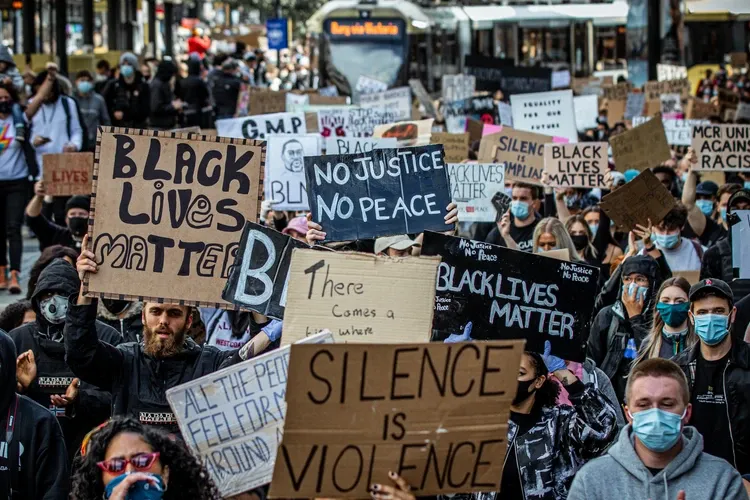California Democrats unveiled a series of reparations bills meant to address purported systemic racism, marking the first such effort from a state government.
Members of the California Legislative Black Caucus revealed a number of proposals that would impact education, criminal justice, and health policy, as well as request formal apologies from state officials over the historic impact of racism on “African slaves and their descendants.” The series of fourteen bills seeks to enact a comprehensive set of recommendations issued by the California Reparations Task Force to state lawmakers last year.
“While many only associate direct cash payments with reparations, the true meaning of the word, to repair, involves much more,” California Democratic Assemblywoman Lori Wilson said in a press release about the legislation. “As laid out in the report, we need a comprehensive approach to dismantling the legacy of slavery and systemic racism.”
The pending bills would establish grants for diverse science and technology education programs, offer financial assistance for “redlined communities,” and prohibit “discrimination based on natural and protective hairstyles in all competitive sports.” One measure would amend the state constitution to permit programs that specifically fund “increasing the life expectancy of, improving educational outcomes for, or lifting out of poverty specific groups.”
The legislative package does not include direct reparations payments, a policy that remains unpopular with most Americans, but will involve a provision that would “restore property taken during race-based uses of eminent domain to its original owners or provide another effective remedy where appropriate, such as restitution or compensation.”
Another constitutional amendment would ban “involuntary servitude for incarcerated persons,” while more bills would restrict solitary confinement and fund violence prevention programs.
Consideration of reparation payments for black Americans emerged three years ago after the death of George Floyd and the subsequent nationwide social justice movement. Critics of reparations initiatives assert that the policies would fail to allocate funds in an objective manner, inevitably expand to additional minority groups, and deepen racial divides in the United States.
The reparations report from the California Reparations Task Force also suggested eliminating or reducing phone call charges from detention centers, reducing the placement of black children in foster care, removing Confederate monuments, and increasing the minimum wage.



